Insomnia: Cause, Symptoms, Treatment, Exercise
Table of Contents
Definition:
What is the definition of insomnia?
According to guidelines from a physician group, insomnia is difficulty falling asleep or staying asleep, even when a person has the chance to do so. People with insomnia can feel dissatisfied with their sleep and usually experience one or more of the following symptoms: fatigue, low energy, difficulty concentrating, mood disturbances, and decreased performance in work or at school.
Types of Insomnia:
What are Different Types of Insomnia?
There are different types are:
Acute insomnia: A brief episode of difficulty sleeping. Acute insomnia is usually caused by a life event, such as a stressful change in a person’s job, receiving bad news, or travel. Often acute insomnia resolves without any treatment.
Chronic insomnia: A long-term pattern of difficulty sleeping. Insomnia is usually considered chronic if a person has trouble falling asleep or staying asleep at least three nights per week for three months or longer. Some people with chronic insomnia have a long-standing history of difficulty sleeping. Chronic insomnia has many causes.
Comorbid insomnia: it also occurs with another condition. Psychiatric symptoms such as anxiety and depression are known to be associated with changes in sleep. Certain medical conditions can either cause insomnia or make a person uncomfortable at night (as in the case of osteoarthritis or back pain, which may make it hard to sleep.
Onset insomnia: Difficulty falling asleep at the beginning of the night.
Maintenance insomnia: The inability to stay asleep. People with maintenance insomnia wake up during the night and have difficulty returning to sleep.
Causes:
Insomnia can be caused by physical and psychological factors. There is sometimes an underlying medical condition that causes chronic insomnia, while transient insomnia may be due to a recent event or occurrence. it is commonly caused by:
- Disruptions in circadian rhythm – jet lag, job shift changes, high altitudes, environmental noise, extreme heat or cold.
- Psychological issues – bipolar disorder, depression, anxiety disorders, or psychotic disorders.
- Medical conditions – chronic pain, chronic fatigue syndrome, congestive heart failure, angina, acid-reflux disease (GERD), chronic obstructive pulmonary disease, asthma, sleep apnea, Parkinson’s and Alzheimer’s diseases, hyperthyroidism, arthritis, brain lesions, tumors, stroke.
- Hormones – estrogen, hormone shifts during menstruation.
- Stress
- Travel or work schedule
- Eating too much late in the evening
- Mental health disorders:
- medication
- sleep related disorder
- caffiene, nicotine & alcohol
- Insomnia & aging:
- changes in sleep patterns
- changes in activity
- changes in health
- more medications
- Insomnia in children & teens: Sleep problems may be a concern for children and teenagers as well. However, some children and teens simply have trouble getting to sleep or resist a regular bedtime because their internal clock are more delayed. They want to go to bed later and sleep later in the morning.
SYMPTOMS:
symptoms may include:
- Difficulty falling asleep at night
- Waking up during the night
- Waking up too early
- Not feeling well-rested after a night’s sleep
- Daytime tiredness or sleepiness
- Irritability, depression or anxiety
- Difficulty paying attention, focusing on tasks or remembering
- Increased errors or accidents
- Ongoing worries about sleep
RISK FACTORS:
Nearly everyone has an occasional sleepless night. But your risk of insomnia is greater if:
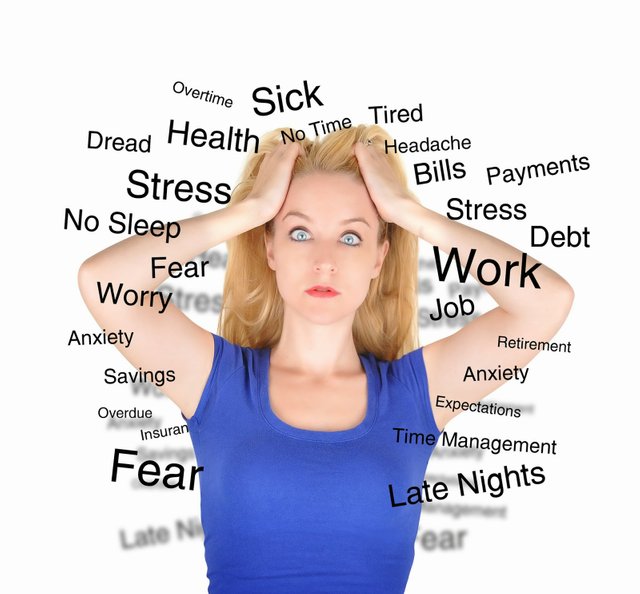
- You’re a woman – Hormonal shifts during the menstrual cycle and in menopause may play a role. During menopause, night sweats and hot flashes often disrupt sleep. It is also common with pregnancy.
- You’re over age 60 – Because of changes in sleep patterns and health, it increases with age.
- You have a mental health disorder or physical health condition- Many issues that impact your mental or physical health can disrupt sleep.
- You’re under a lot of stress – Stressful times and events can cause temporary insomnia. And major or long-lasting stress can lead to chronic insomnia.
- You don’t have a regular schedule – For example, changing shifts at work or traveling can disrupt your sleep-wake cycle.
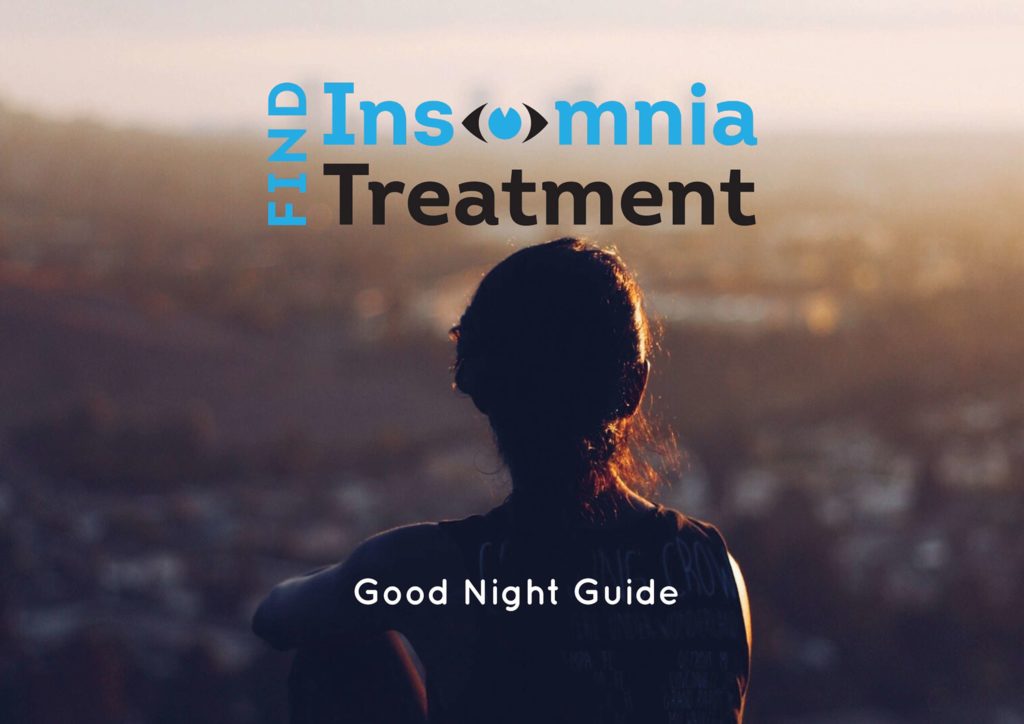
Treatment of Insomnia:

- Cognitive behavioral therapy :
– Stimulus control therapy
– Relaxation techniques
– Sleep restriction
– Remaining passively awake
– Light therapy - Prescription medications : Examples includes:
Eszopiclone (Lunesta)
Ramelteon (Rozerem)
Zaleplon (Sonata)
Zolpidem (Ambien, Edluar, Intermezzo)
Physiotherapy Treatment for Insomnia:
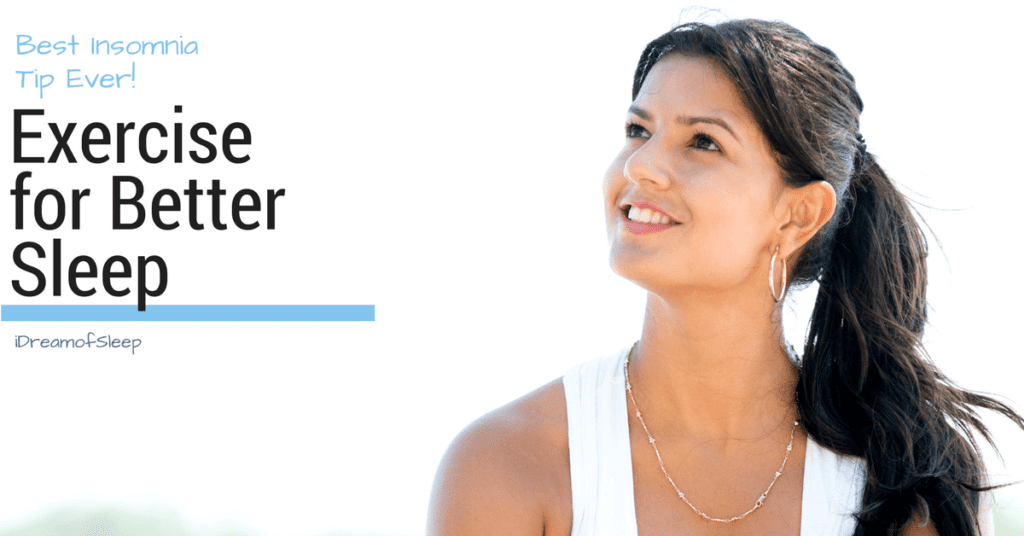
- Exercise: Insomniacs lead more sedentary lives than good sleepers. The lack of physical activity can contribute to insomnia by inhibiting the daily rise and fall of the body-temperature rhythm. As a result, many people get caught in a cycle of insomnia, reduced energy and physical activity, and worsened insomnia. Aerobic exercises are the best to combat sleeplessness.
- These cardiovascular exercises increase the amount of oxygen that reaches the blood. To get maximum benefit, aim for some type of cardiovascular exercise at least 4 to 5 times a week, and for 20 to 30 minutes. Examples of aerobic exercises are walking, jogging,swimming, station-ary bicycle, jumping rope, dancing, kick- boxing,etc.
- These exercises involve vigorous use of leg muscles and the fatigue produced acts as a tranqui-lizer. The most beneficial time to exercise for insomniacs is in the late afternoon or early evening. This raises body temperature above normal a few hours before bed, allowing it start falling just priorto bed-time. Decrease in body temperature triggers sleep.
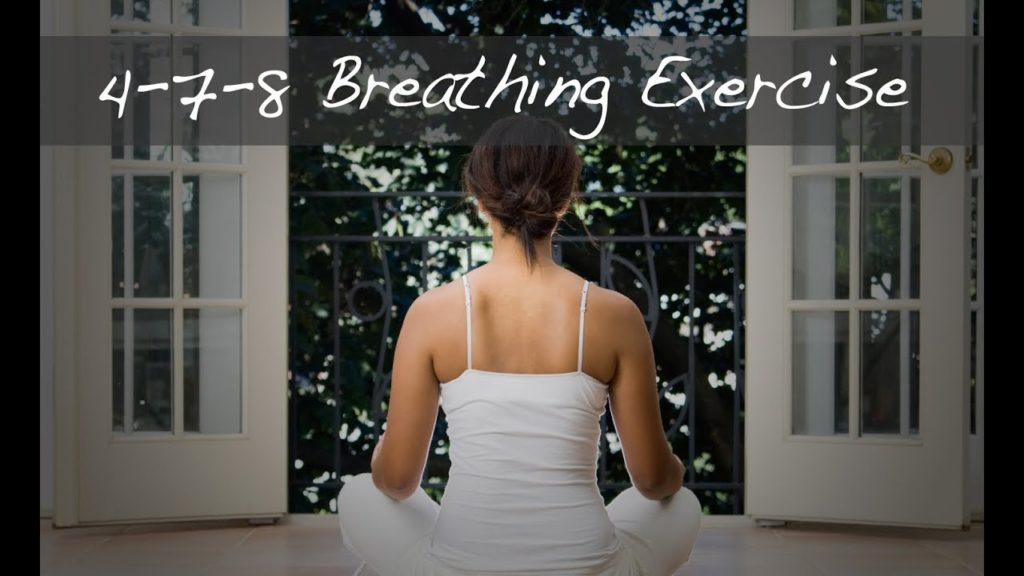
Breathing exercise: Close your eyes and notice your breathing. Turn all your attention to your natural breathing pattern and feel the air enter and leave your nose or mouth. Visualize the flow of air as it passes through your mouth, airways, down into your belly, and back out again. Survey your body for any tension, and as you exhale, feel the tension leave that part of your body. Visualize your breath reaching your forehead, your neck, your shoulders, your arms… and then releasing the tension as you exhale. If your mind wanders to another worry or thought, let it go and gently redirect your attention back to y our breath.
Relaxation techniques for Insomnia:
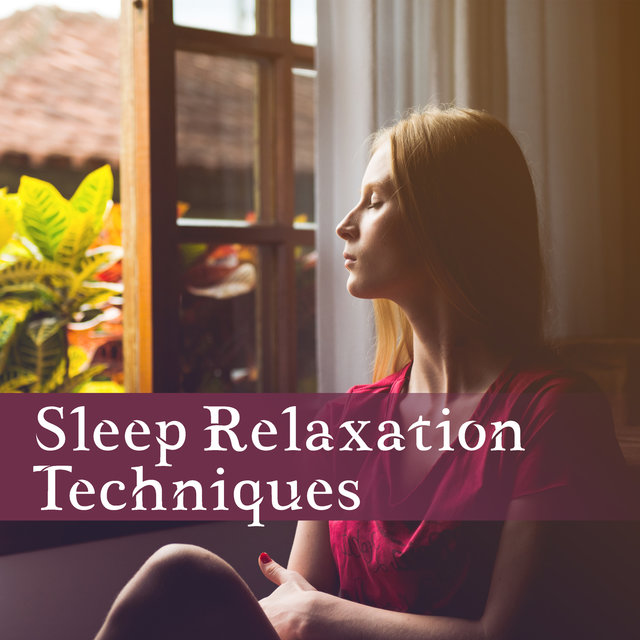
There are different types of relaxation techniques:
Progressive muscle relaxation: also called Jacobson’s or deep muscle relaxation: This technique involves tensing groups of muscles all over the body one by one and then consciously relaxing them again. You can learn muscle relaxation by visiting a course or using an audio training course.
Autogenic training (AT) : Autogenic training involves focusing awareness on different parts of the body and consciously relaxing them. At an advanced level, even involuntary bodily unctions like pulse and breathing can be influenced to achieve deep physical relaxation. Autogenic training is taught in courses.
Biofeedback : This method helps you to feel how your body reacts to tensing and relaxing. It involves placing electrodes on your body to measure muscle tension, your pulse and brain activity. You can monitor these different measurements on a screen and see how muscle relaxation or thinking particular thoughts affects them. Biofeedback can be done at the doctor’s or by using a portable biofeedback device at home once you’ve been instructed in how to use it.
Imagery (visualizations): Another common type of relaxation training is imagery, where you visualize peaceful, pleasant scenes or imagine yourself breathing quietly, gently falling asleep and having a good night’s sleep.
Sleep hygiene:
The following set of “sleep hygiene” habits can have a positive effect:
-Not drinking alcohol, coffee or tea and avoiding other stimulants four to six hours before going to bed.
-Avoiding smoking before bedtime or during the night.
-Avoiding heavy meals and spicy foods before going to bed.
-Getting more physical exercise during the day, but avoiding exercise right before going to bed.
-Trying to make sure your bedroom is quiet, dark and not too hot or cold.

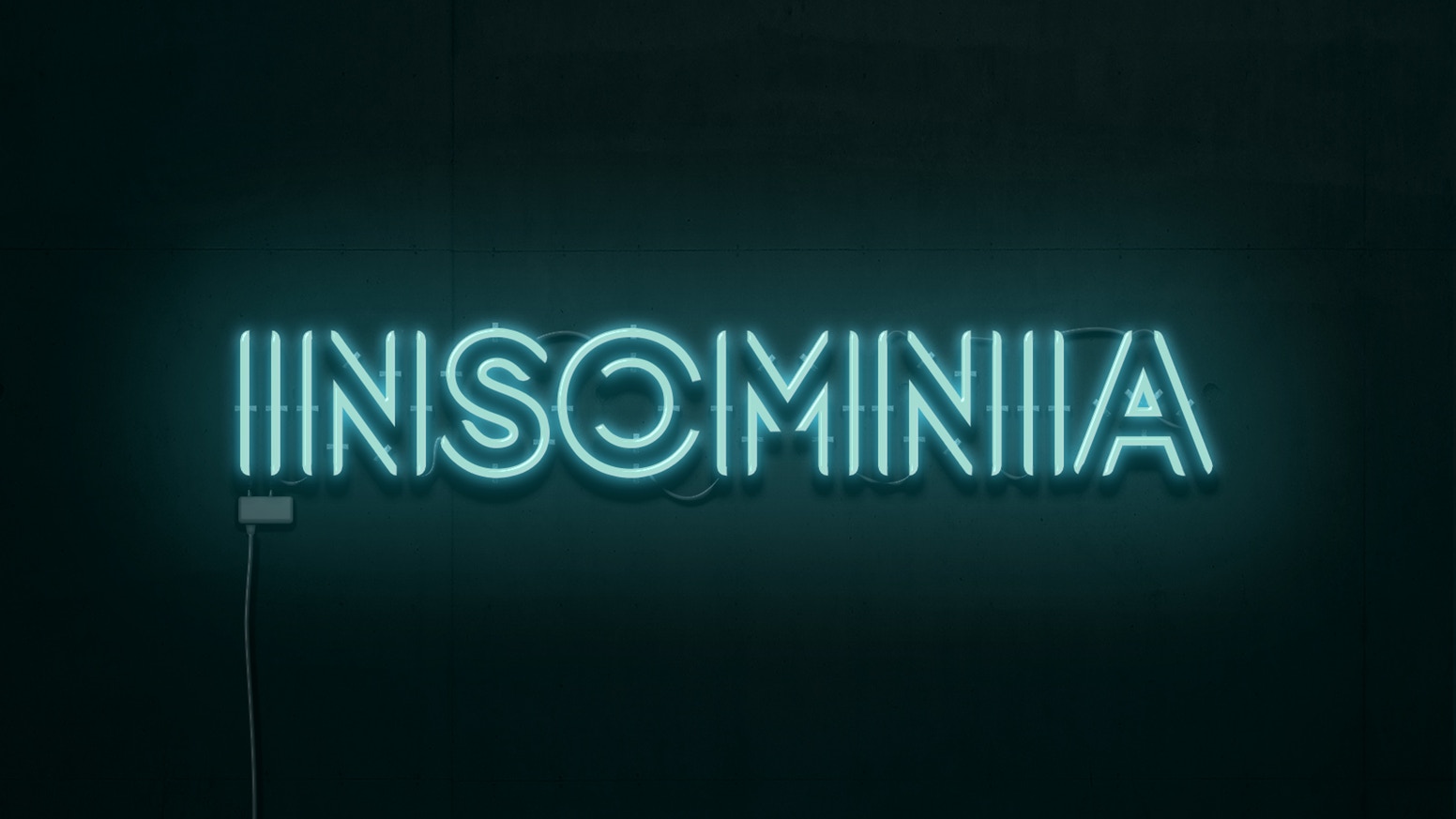
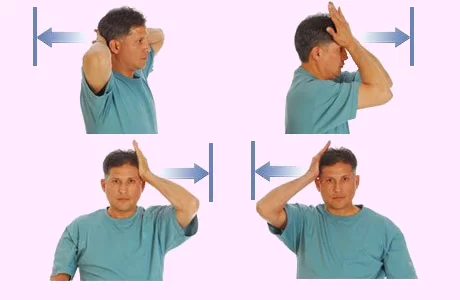

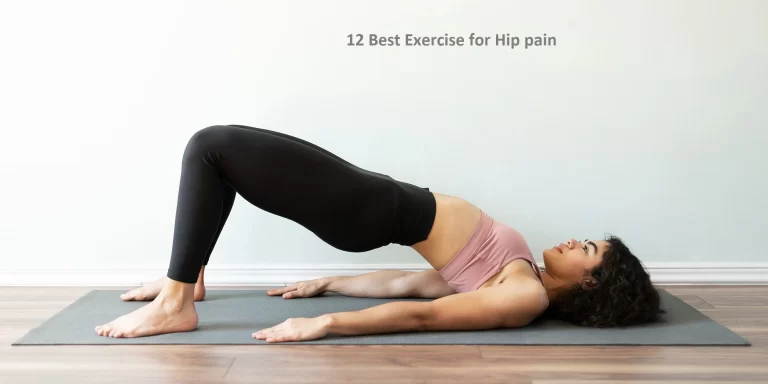

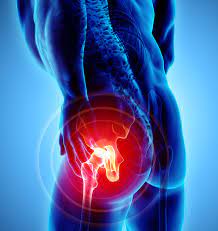
8 Comments